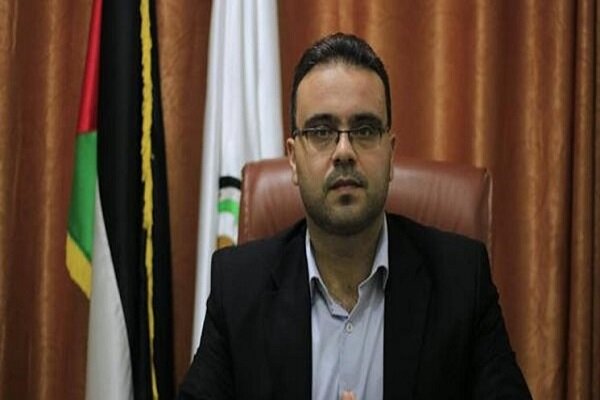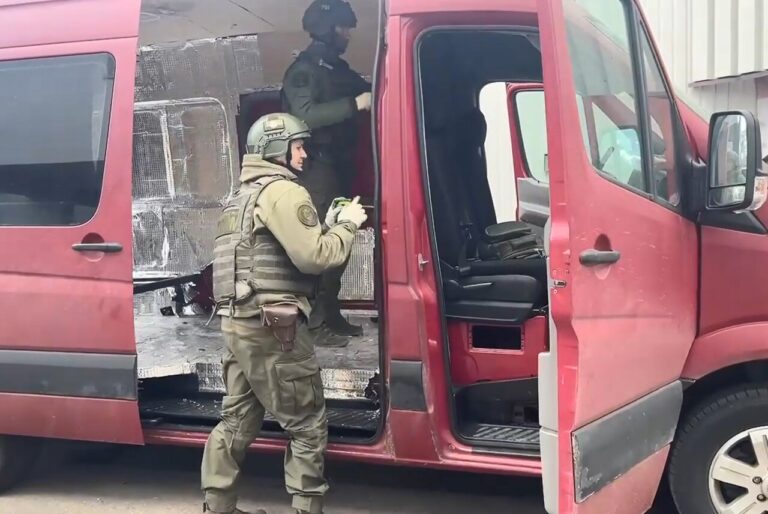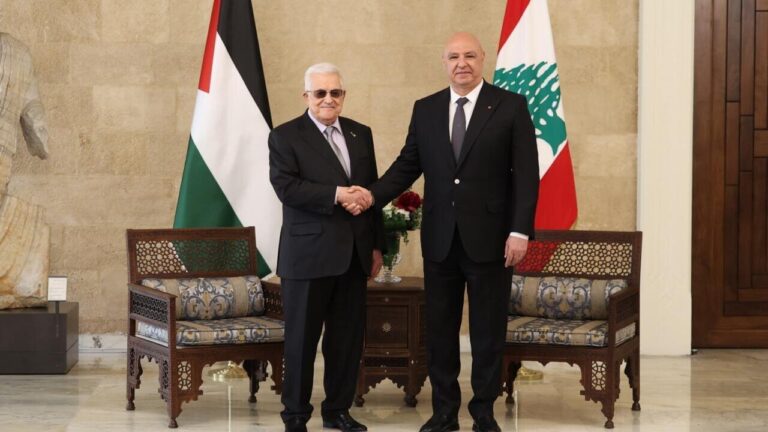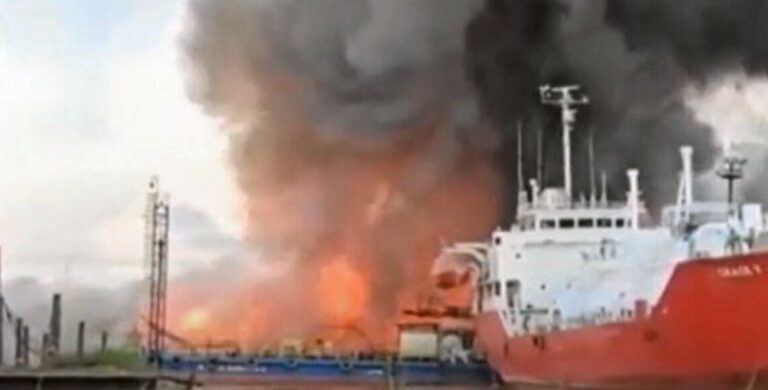Putin Expresses Willingness for Direct Talks with Ukraine: A New Hope for Peace?
In a significant development, Russian President Vladimir Putin has expressed a willingness to engage in bilateral talks with Ukraine for the first time in several years. This shift comes amidst increasing pressure from the United States and its allies for both nations to reach a swift peace agreement.
According to a report by CNN, U.S., European, and Ukrainian officials are scheduled to convene in London this week. The discussions are crucial, as Washington has issued warnings indicating that it may reconsider its role in facilitating peace talks if there is a lack of progress in resolving the ongoing conflict.
During a press conference, Putin indicated that discussions could revolve around halting strikes on civilian infrastructure directly with Kyiv. He stated, “We have a positive attitude towards a ceasefire,” highlighting Russia’s recent implementation of a surprise 30-hour Easter truce, which both sides have accused each other of violating.
Putin emphasized, “That is why we have always said that we take a positive attitude to any peace initiatives. We hope that the representatives of the Kyiv regime will feel the same way.” This sentiment reflects a potential openness to dialogue that could pave the way for a peaceful resolution.
- Key Developments:
- Putin’s willingness to engage in talks is unprecedented in recent years.
- U.S. officials are urging both parties to demonstrate a commitment to peace.
- The Easter truce, while temporary, signifies a possible pathway to ceasefire discussions.
As the situation evolves, analysts are watching closely to see how Ukraine will respond to Putin’s overtures. The international community’s involvement could also play a critical role in shaping future talks.
Historically, negotiations between Russia and Ukraine have been fraught with challenges. The ongoing conflict has led to significant humanitarian crises, with both sides suffering losses. The potential for peace hinges not only on the willingness of leaders to engage but also on the broader geopolitical dynamics at play.
For peace negotiations to be successful, both parties will need to address several key issues, including:
- Ceasefire Terms: Establishing clear parameters for a ceasefire that both sides can agree upon.
- Reconstruction Efforts: Discussing the support needed for rebuilding war-torn areas.
- International Support: Gaining backing from international communities to ensure compliance with agreements.
Furthermore, the role of the United States and European allies cannot be understated. Washington’s influence may be pivotal in encouraging both parties to come to the negotiating table and adhere to any agreements reached.
It remains to be seen how this latest development will unfold. With rising tensions and the stakes higher than ever, the world watches as Russia and Ukraine navigate the complex landscape of diplomacy. The outcomes of the upcoming meetings in London could set the tone for future interactions between the two nations.
In conclusion, while Putin’s willingness to consider bilateral talks marks a potential turning point, the path to peace will require careful negotiation, mutual respect, and a commitment to a shared future. Only time will tell if this moment can indeed lead to a lasting resolution of the conflict.
As the international community awaits further updates, the hope for peace endures, reminding us of the essential need for dialogue in resolving conflicts. The coming days will be crucial in determining whether these discussions can yield positive results or if the cycle of violence will continue.






